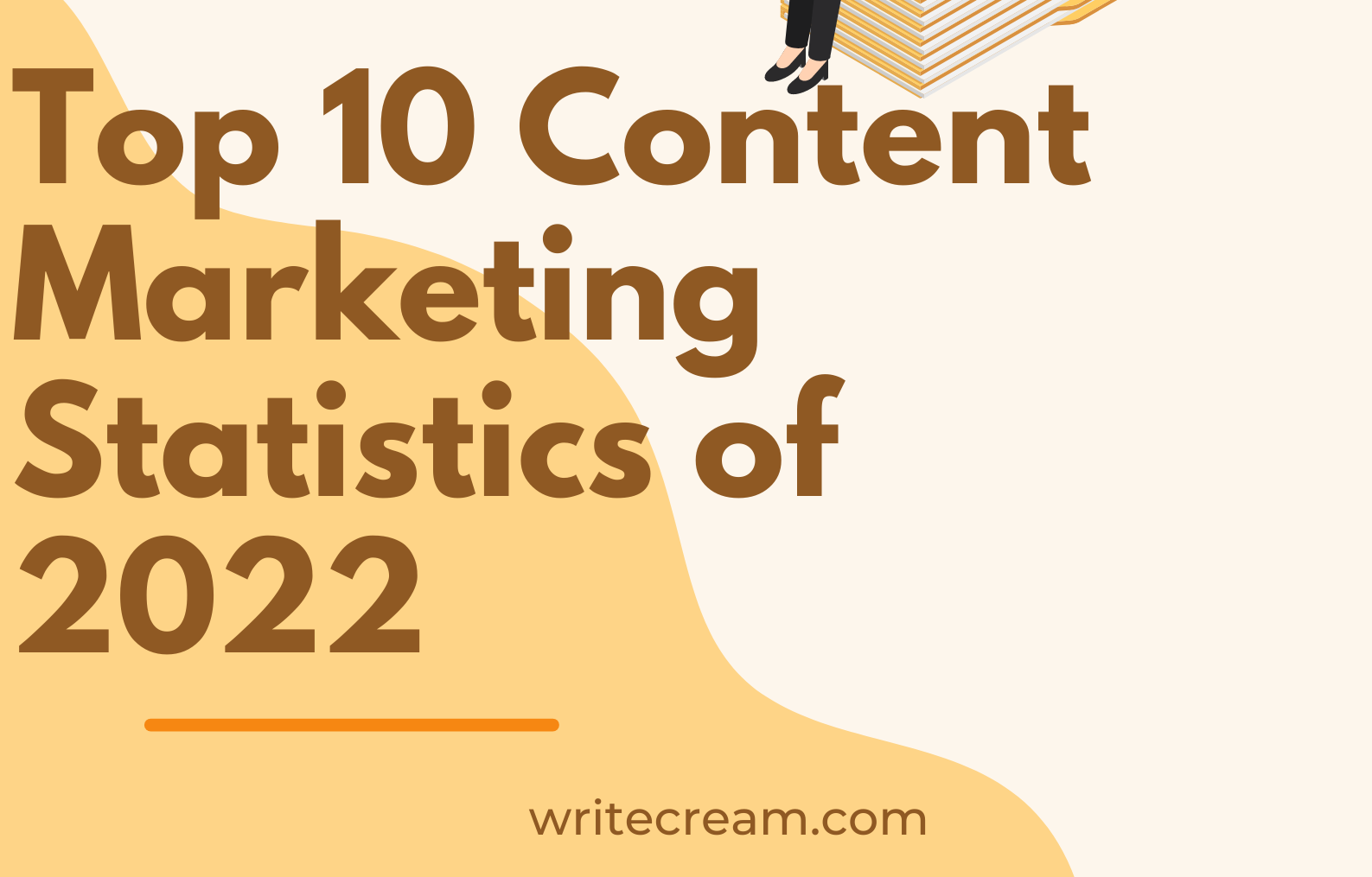
From product marketing to email marketing to social media marketing, content is the cornerstone of almost all forms of marketing. However, it also functions as a smart marketing tactic on its own. The majority of marketing teams, therefore, create separate content plans to define content activities, set production timetables, and keep the team in sync, even if the content is often one component of a marketing team’s overall marketing plan. The creation, dissemination, and publication of material that supports key corporate messages are known as content marketing. The main purpose of content is to draw in and gain the trust of target audiences by demonstrating knowledge and creating authority.
Organizations may develop thought leadership within their industry, increase brand recognition, improve organic search, and attract and convert leads with the help of consistent, high-quality content. Planning, producing, and sharing content with your target audience is all a part of the process of content marketing. It aids in brand awareness creation, action persuasion, and revenue generation. There are many different forms of content marketing, such as social media and blogs, but new trends and methods appear every year, altering how companies contact their customers. Knowing what your competitors are emphasizing will help you, as a marketer, develop a strategy and differentiate yourself from the competition. Learn vital statistics about the state of content marketing in 2022, as well as trends to watch out for all year long in this post.
The main objectives of marketing campaigns are to raise brand awareness, boost sales, and boost engagement. Brand exposure, credibility and trust-building, and audience education are the top three objectives that marketers are able to accomplish with effective content marketing. Finding ideas for fresh content, producing material that achieves high levels of online interaction, and producing content that generates leads are the three main issues marketers confront with content marketing. There is much more to content marketing than simply putting information online and hoping it takes off, bringing in leads and consumers for your company.
There are undoubtedly horror stories about employees misrepresenting their employers by publishing inappropriate content online. Knowing which platforms are most effective for reaching your target audience is essential for the success of your content marketing plan. It may sound laborious and perhaps expensive to sit down and map out every moving component of your marketing plan when your firm is in the midst of its daily ups and downs. However, 97% of organizations said that content marketing would be a key component of their entire marketing strategy in 2021 in a Semrush survey. What can we infer from this? Your time, effort, and money are well spent if you invest in content marketing.
Content marketing has emerged as a goldmine for company expansion. There are more than 5 billion internet users worldwide and 4.65 billion active social media users. Whether it be through social media, blogs, or webinars, content marketing is a tool that, when used effectively, can assist you in growing your audience, increasing the number of leads, and building a clientele of devoted customers. Despite the benefits that carefully crafted content marketing offers, 63% of companies don’t have a written marketing strategy. We understand that figuring out how to market oneself online can be difficult, especially with so many options, tools, fees, and brand impressions to keep track of. But don’t you worry! We’ve talked to companies to see how they developed their plans and gathered important statistics to provide you with all the information you need to help your business succeed. This will help you put your content marketing strategy on point.
TOP 10 CONTENT MARKETING STATISTICS:
- 97% of companies stated that in 2021, content would play a significant role in their entire marketing strategy: Content is pervasive across media. it comes in different forms, whether audio, visual, written etc. Off late, a wave of content marketing is seen across different platforms and it has largely benefitted marketers, much more than previously imagined and expected. Thus, most companies have adopted content to be an important tool of their marketing strategy.
- To reach customers, 91% of B2B marketers employ content marketing: Although marketing helps all kinds of marketers, statistics show that B2B marketers have positively used content marketing to network and connect.
- 73% of respondents, according to the Content Marketing Institute (CMI), have a content marketing plan: Although content marketing might seem like an easy task, it would not be if it is not well planned and successfully organized. The content should be well-employed, relevant to the subject in hand, and be designed attractively (walking the thin line between being catchy and not tediously humdrum).
- In the past year, 90% of respondents employed short articles or blogs for content marketing: The last year saw increased use of shorter articles and written content. Looks like the precision and succinct articles really performed well!
- In 2022, 72% of businesses intend to increase their spending on content marketing: The marketing budget always directly reflects the intention of effort of a particular firm or brand to marketing. This financial resource allotment of 72% of businesses on content marketing shows how content is one impeccable marketing tool in today’s time, one which marketers intend to make full use of!
- The amount of leads has increased, according to 72% of marketers, and they also claim that content marketing enhances engagement: One of the major advantages of content marketing has been in the engagement that it provides of brands with the users or potential clients. 72% of surveyed marketers have claimed to receive better engagement, and eventually, leads.
- The vast majority of firms continue to employ video, with 86% of them embracing it as a marketing tool: Audio-visual forms of content directly engage with a lot of users since it is more entertaining and easier to understand and process, as opposed to some longer writeups. This is why the majority of them have adopted it as their key marketing tool.
- Videos continue to be valued by 92% of marketers as a crucial component of their marketing plans: Videos have indeed brought up greater traction and engagement which is why they are still valued by more than 90% of marketers as an essential component of their marketing plans.
- Video footage is shared with peers more frequently than any other sort of content, including social media posts, by a factor of two: Just think of the number of videos you share with others every day, as opposed to written articles or audio. Videos are undoubtedly one of the more pervasive content marketing tools.
- Only 10% of marketers don’t employ content marketing, according to recent research: For reasons unknown, there are still 10% of marketers who have not been able to add content marketing to their strategies. But it is indeed impressive that 90% of marketers have adapted to it and are reaping the benefits!
As these statistics reflect, content marketing is large and almost the biggest marketing tool in today’s postmodern digital age. Make sure you don’t miss out on marketing online using content!


